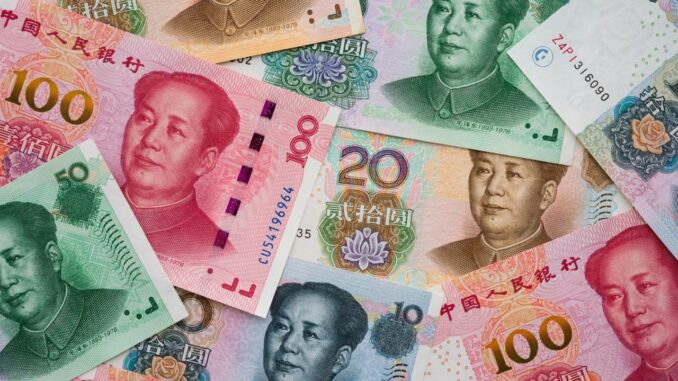
China is rapidly expanding the use of its currency, the yuan, across Africa, positioning the continent as a strategic testing ground for its broader de-dollarization goals.
Recent agreements between China and Egypt mark the latest milestone in this push, signaling a shift in Africa’s financial orientation toward non-Western systems. During Chinese Premier Li Qiang’s visit to Cairo last week, the People’s Bank of China and the Central Bank of Egypt signed a series of deals to promote yuan usage in bilateral trade and investment. These include expanding China’s UnionPay system, enabling cross-border payments through the yuan-based CIPS network, and exploring currency swaps and yuan-denominated bonds.
Egypt now joins countries like Nigeria, South Africa, and Angola in signing similar deals. Nigeria recently renewed a 15 billion yuan swap agreement, and South Africa’s Standard Bank — partly owned by China’s ICBC — has adopted CIPS for direct yuan transactions. Experts see Africa’s high trade dependency on China, combined with limited access to dollars and euros, as ideal conditions for testing yuan internationalization.
“For China, there may be a chance to test the internationalization of the RMB via a few countries in Africa first, where volumes might be small on a global scale and China’s footprint in the region relatively large,” said Lauren Johnston of the AustChina Institute. Though still a small portion of total trade, analysts like Aly-Khan Satchu believe yuan usage could eventually dominate China-Africa commerce — “this potentially could go to 100% of the trade number.” As U.S.-led financial systems face increased scrutiny, China’s monetary footprint on the continent appears poised to grow — one deal at a time.
